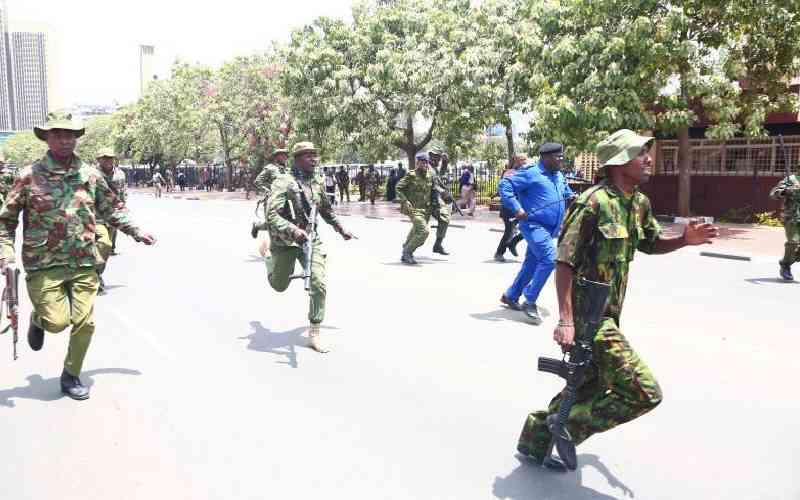
In explaining social contract theory, Thomas Hobbes in 1651 notes that a person gives up part of their natural rights to the state in return for the protection of their remaining rights. In discussing the works of Jean-Jacques Rousseau, Nicholas Dent argued that "law is an expression of the will of the community [and all] citizens have a right to concur, either personally, or by their representatives in its formation."
Police legitimacy is based on how it is perceived by the community. When seen as legitimate, the community accepts its obligation to obey the directives of the police. When police do their jobs right, they are deemed a legitimate state entity. Doing it right entails carrying out their duty of preventing and controlling crime and demonstrating procedural justice in the way they treat people and in the quality of their decision-making.